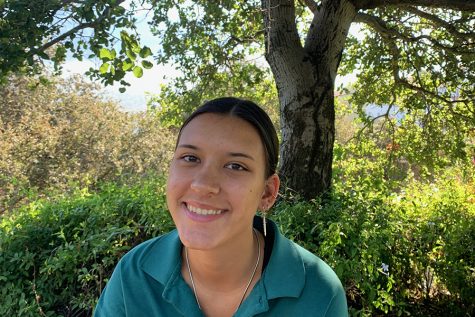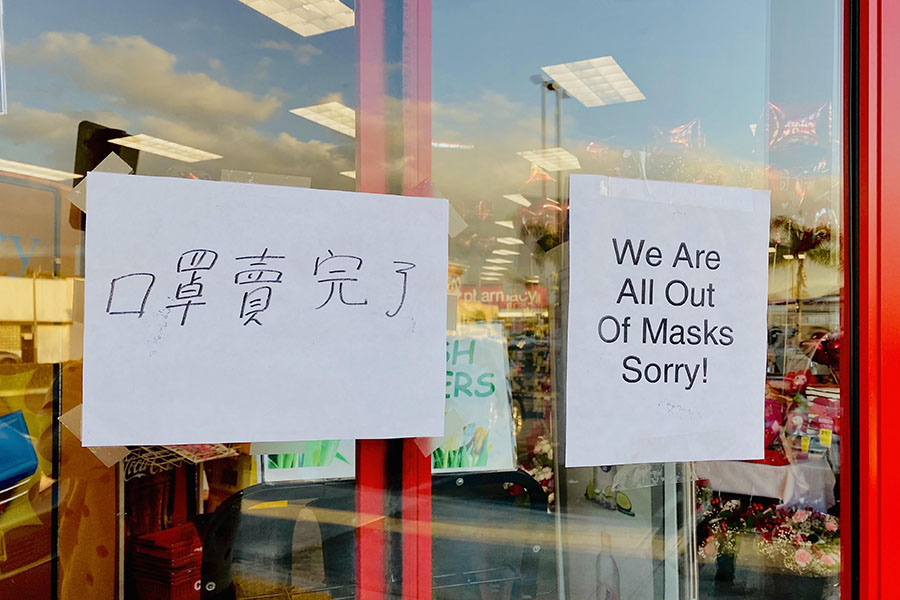The science department sizes up the coronavirus
A CVS pharmacy in Alhambra suffers from a lack of medical supplies.
With nearly 71,000 confirmed cases and over 1,700 deaths in 25 countries as of press time, the World Health Organization (WHO) has declared the novel coronavirus a “public health emergency of international concern.” In order to prevent the spread of the virus, many countries have taken safety precautions such as quarantining citizens who have recently traveled to China, suspending flight routes to and from China and evacuating travelers from the city of Wuhan and the Hubei province.
A look at coronavirus headlines around the world reveals a state of international panic. The Veritas Shield turned to Flintridge Sacred Heart’s experts in the science department for their insight into this epidemic.
Honors Physics and Honors Calculus teacher Dr. Robert Sanderson agrees with the WHO.
“The WHO declaring an emergency and recommending isolation forces us to look closer and realize the likelihood of death for the coronavirus is great. I understand the seemingly drastic measures; it’s a disease that needs to be taken seriously,” Sanderson said.
Anatomy and AP Environmental Science teacher Mary Schnieders sees the response from the American public as excessive.
“Our odds of transmission are very low, however, but with any kind of infectious disease, the odds increase with travel and this particular disease spreads through human-to-human contact. That’s why we are being so careful,” Schnieders said.
Mr. Jim Lau, the Geometry teacher, is a frequent traveler to China and takes this issue very seriously. Providing the Chinese perspective and humanizing the issue, Lau spoke to the Shield about how China’s population is struggling to gain basic necessities such as masks and treatments because of high demand and low supply.
“We’re talking 20,000 people outside a hospital waiting for aid; this is not a joke. There’s a real fear that you’re next in line,” Lau said.
Flintridge Sacred Heart, in keeping with the WHO’s recommendation, advised boarding students who had recently been to China or had come into contact with travelers from China to remain off campus with local guardians for 14 days.
Physics and Engineering teacher Ty Buxman supports the precautionary measures taken by the school.
“Any time you have a rapidly spreading disease, quarantine is the way to slow that,” Mr. Ty Buxman, Physics and Engineering teacher, said.

Olivia Spina is a staff writer. When she is not working for the paper, she can be found making pasta and channeling her Italian heritage in various other...

